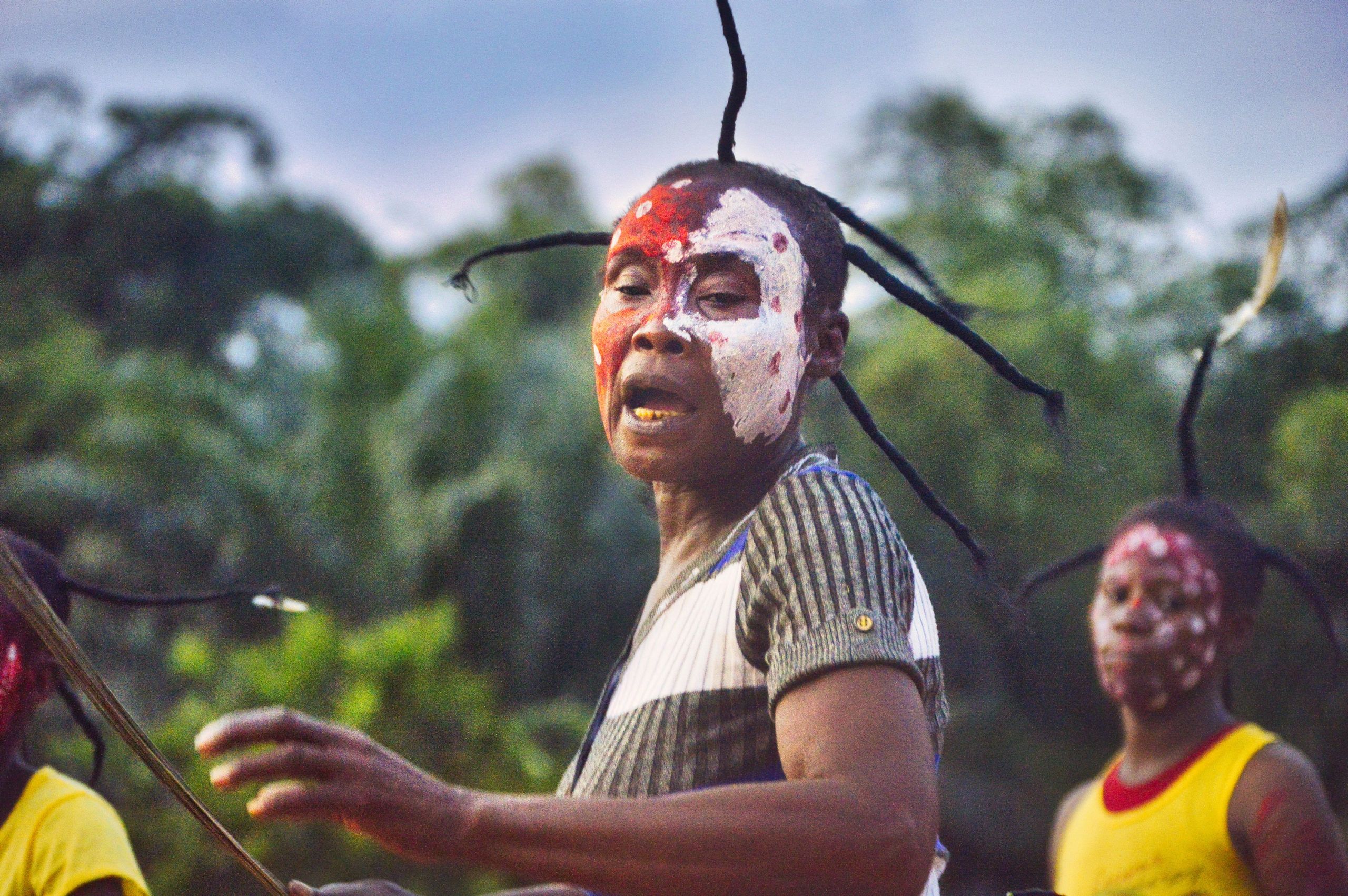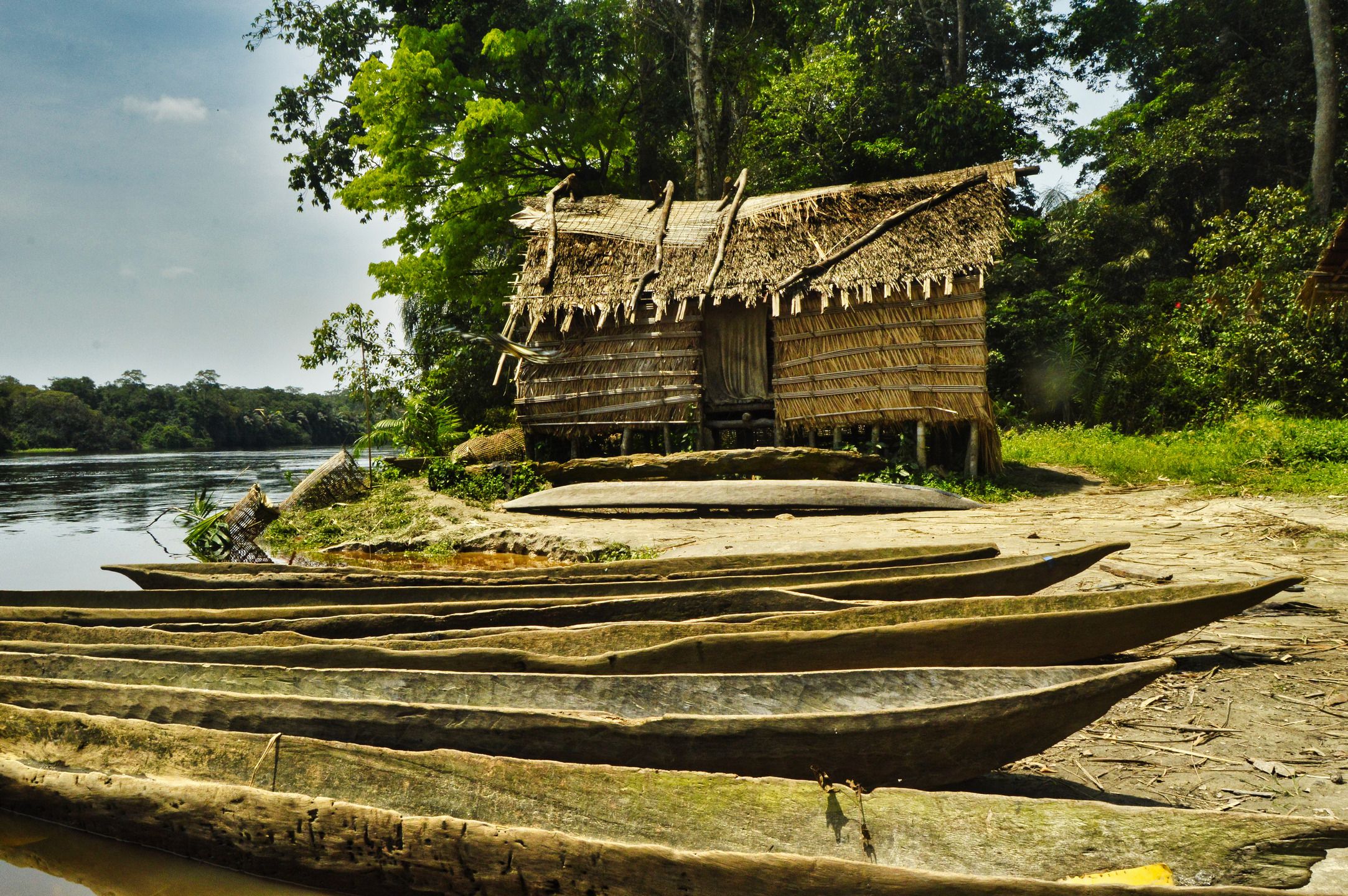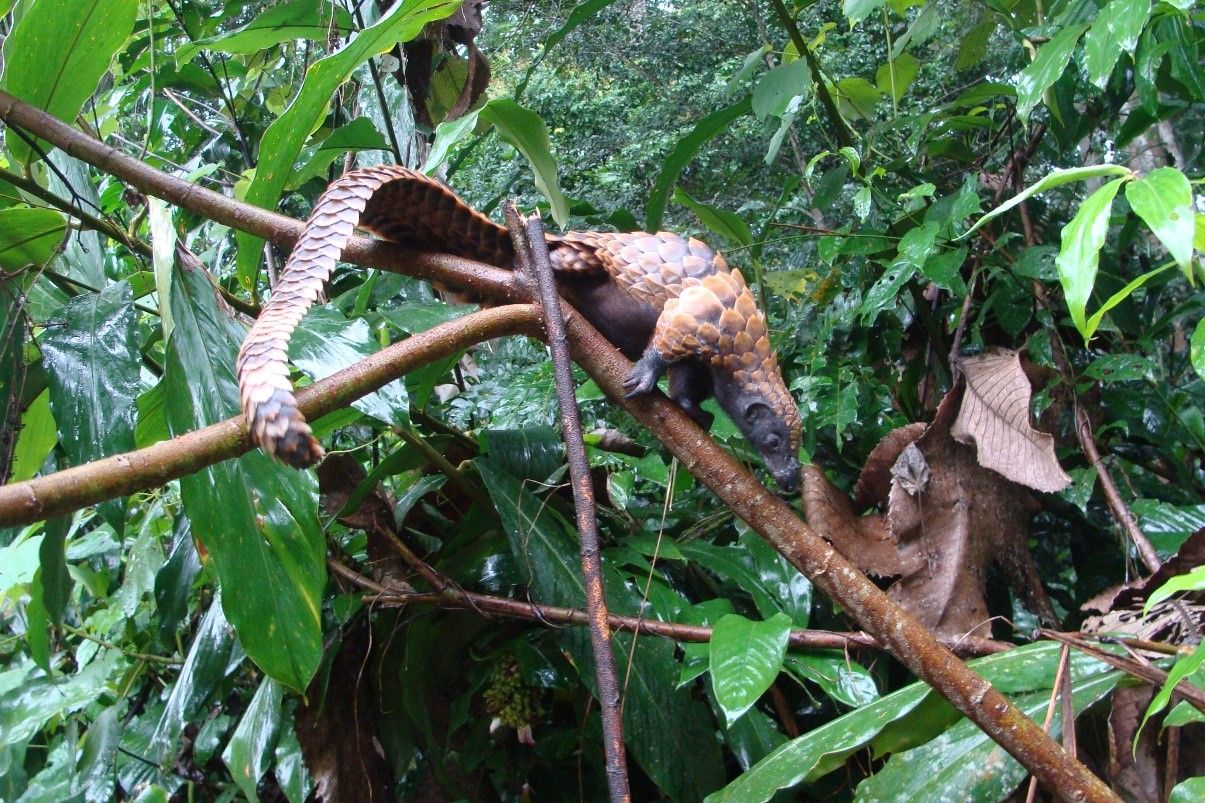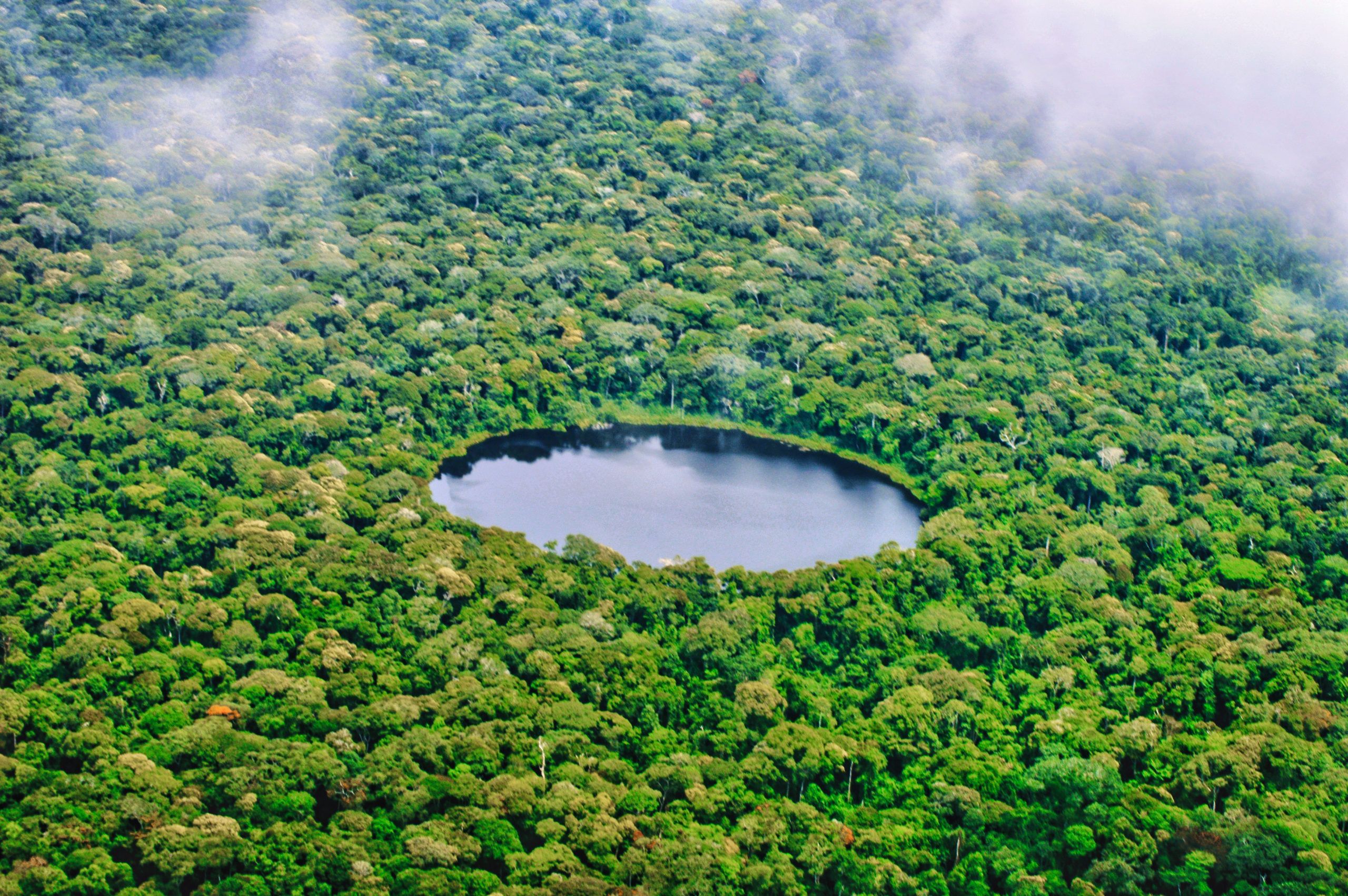Identifying the risks of zoonotic diseases around Salonga National Park
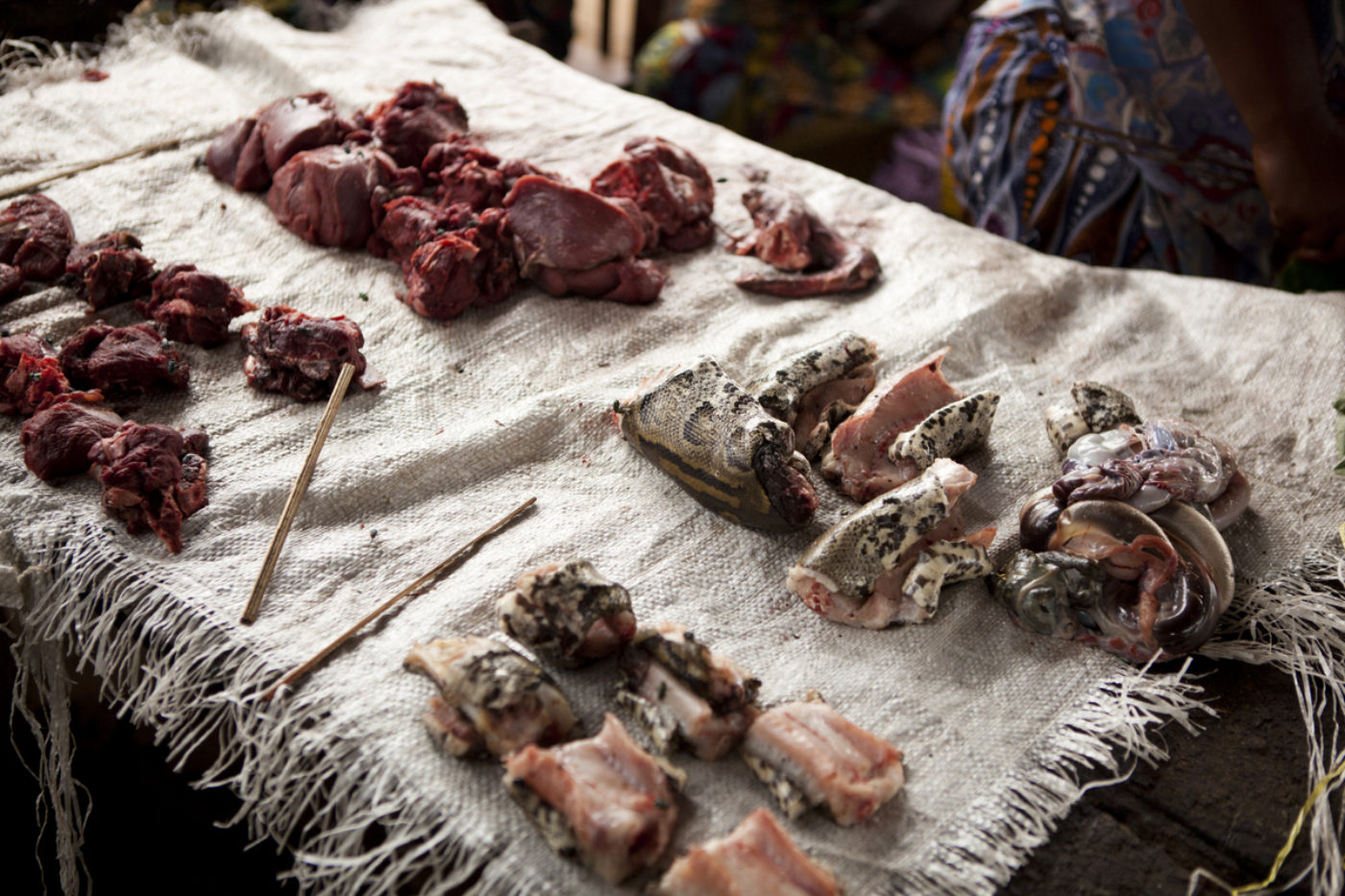
The Salonga zoonotic disease risk project was launched in January 2022 with the aim of identifying the risks of transmission of zoonotic diseases linked to the bushmeat trade around Salonga National Park, and has just completed its first follow-up mission by field teams.
The project targets the region south of the Park in the provinces of Kasai (Ilebo-Dekese), Mai Ndombe around Oshwe, and Sankuru (around Lomela, Kole and Lodja), as well as the consumption centres of Kikwit, in Kwilu, and Kinshasa.
Zoonoses are diseases or infections that are transmitted from animals to humans. According to the report “Preventing the Next Pandemic” by UNEP, ILRI and CGIAR, about 60% of known human infectious diseases and 75% of all emerging infectious diseases are zoonotic.
The risk of animal-to-human transmission is increased by land-use changes which bring wildlife, livestock and humans closer together, and the illegal trade in wild animals. These factors increase the possibility of contact between humans and the pathogens (i.e. micro-organisms harmful to humans) that these animals may carry.
The threat of unsustainable and illegal bushmeat hunting and consumption, and the impact it has on species extinction is well known. However, less is known about the contribution to the risk of spreading zoonotic diseases.
The choice of the project’s intervention areas was based on results from previous studies that revealed significant bushmeat trafficking originating in the forests south of the Salonga Park.
The fieldwork is carried out with the support of local NGOs, and consists of a first step of socio-economic surveys and collection of bushmeat samples.
In the second phase, the samples collected will be subjected to microbiological analyses through collaboration with the Institut national de recherches biomédicales (INRB) in Kinshasa and another zoonoses research institute based in Europe, which will aim to characterise and determine the extent and load of the pathogens identified.
This work will improve knowledge and understanding of potential zoonotic diseases in the area and help make recommendations for behavioural change and reduction in demand for bushmeat.
The project is being implemented with the support of WWF Germany and GIZ (German cooperation) in the framework of the International Alliance against Health Risks in Wildlife Trade administered by GIZ.
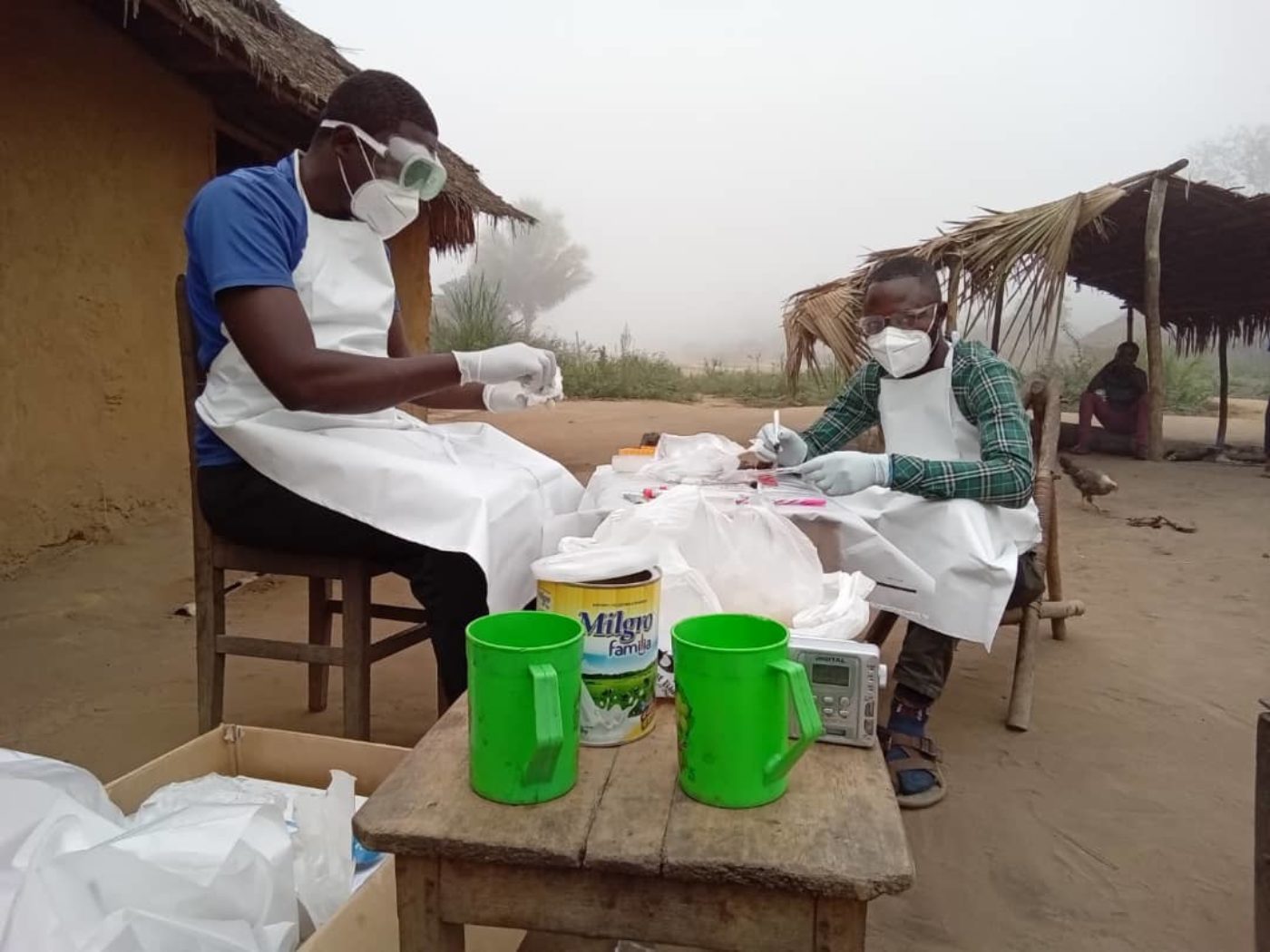
Processing of samples after collection in Kole
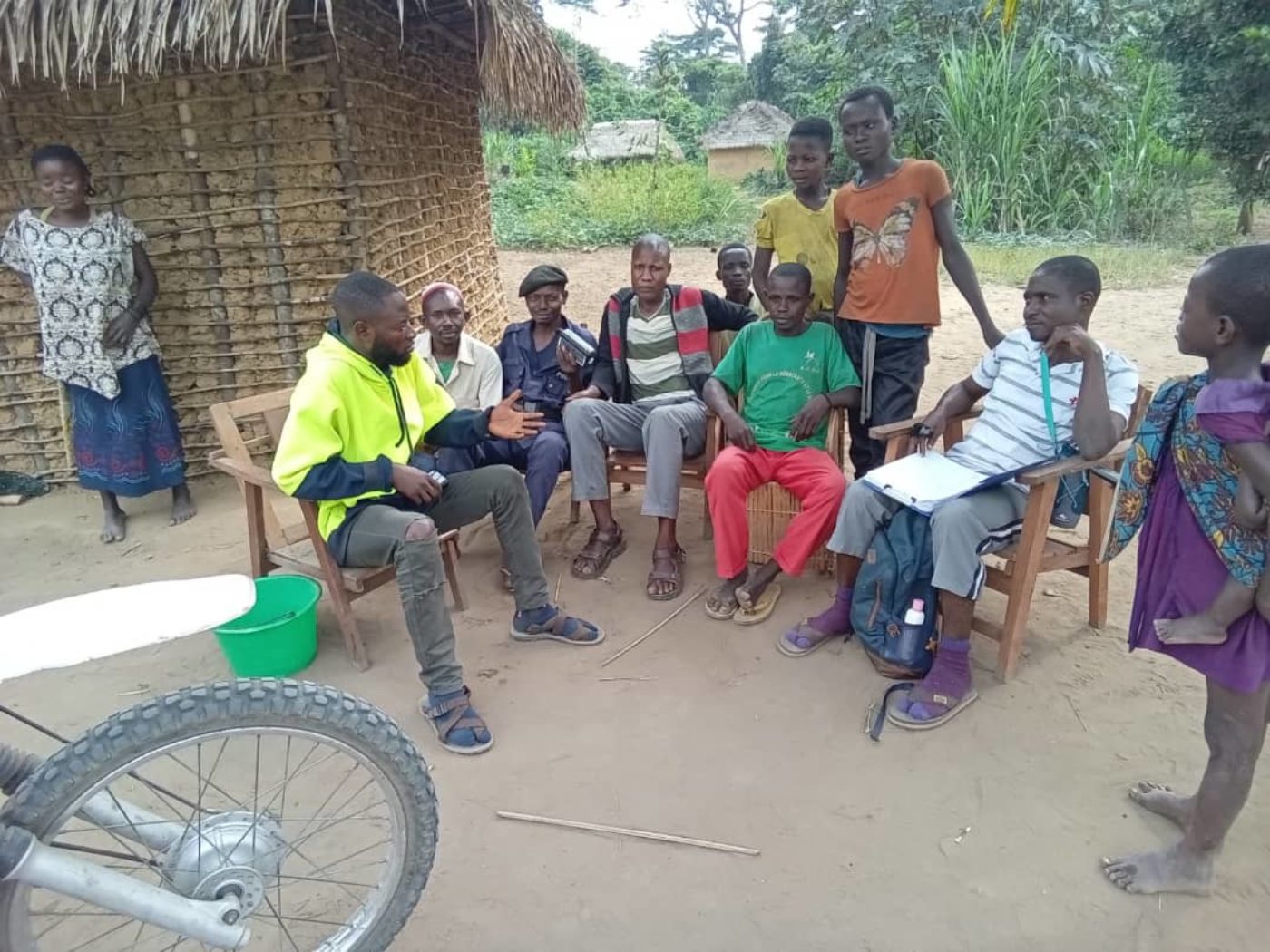
Interview with hunters in Kole
